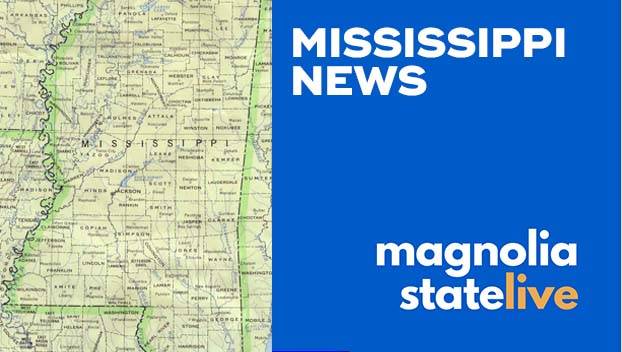Democratic governor hopefuls court black Mississippi voters
Published 2:03 pm Monday, July 29, 2019
As waitresses carried plates of turkey neck, spicy greens and sweet potatoes to diners at Bully’s soul food restaurant in Mississippi’s capital city, Democratic candidate Jim Hood talked about what he wants to do as governor: expand Medicaid, improve public schools, strengthen vocational programs and help small businesses.
The fourth-term attorney general, who is white, was courting African American voters in Mississippi’s largest county, who will play an important part in deciding the eight-person Democratic primary on Aug. 6. With his tie loosened and his shirt sleeves rolled up, Hood chatted with one of the owners of Bully’s, Greta Brown-Bully, and her father, Hinds County Constable John Brown.
“Look me in the eye,” the constable said to Hood. “You’re going to do anything better than Phil Bryant?”
Hood chuckled and responded: “That would be easy.”
Bryant is Mississippi’s current governor, a Republican who cannot seek a third term. Three Republicans are running for their party’s nomination, and Bryant is backing the current lieutenant governor, Tate Reeves, who has raised the most money of any candidate in the governor’s race.
Hood, who lives in north Mississippi town of Houston, has raised the most among the eight Democrats running for governor. Though most of the Democrats are running low-budget campaigns, two of them — Robert Shuler Smith and Velesha P. Williams — could garner significant support among African American voters in the metro Jackson area, where both have deep connections.
Smith is wrapping up his third term as district attorney in Hinds County, which includes Jackson. Williams had a career in the Army and taught elementary school before directing a program at Jackson State University that worked on prevention of drug abuse, drunken driving and the spread of HIV. She’s now retired and is making her first run for public office.
During a speech at the Mississippi Press Association convention in Biloxi last month, Smith said his family was “very involved in the civil rights movement” in the 1960s, often housing activists who came to Mississippi. Smith said the state now needs to increase teacher pay and remove the Confederate emblem from its flag.
“You need a governor who will fight for every Mississippian,” Smith said.
Williams, who grew up in Jackson and lives in the suburb of Flora, told The Associated Press on Friday that she wants to expand Medicaid, push for sustainable energy programs and protect abortion rights.
“With 30 years of leadership experience, and service to my country, state and community, I’m poised to be the next governor of the state of Mississippi,” Williams said.
Moments before Hood arrived at Bully’s on Thursday, two Democratic state lawmakers from Jackson stood in the parking lot and chatted with a man who picked up a lunch to go. Rep. Earle Banks and Sen. Sollie Norwood urged him to vote for Hood. The man shook his head and said he was voting for Smith, then got in his truck and drove away.
Mississippi’s population of almost 3 million is 59% white and 38% black. The state has a history of racially polarized voting, and an increasing number of white voters have been casting ballots in Republican primaries the past two decades. Hood needs to persuade some skeptical African American voters that he’s not just another white politician making empty promises — voters like the Rev. Earnest Ford Jr. of Natchez.
Ford said he’ll vote in the Democratic primary but he hasn’t chosen his candidate for governor. He sat with other ministers and politicians at a long table by a wall decorated with paintings of former President Barack Obama and three African American leaders who were assassinated — Medgar Evers, the Rev. Martin Luther King Jr. and Malcolm X.
The Hood campaign hosted a luncheon for ministers at Bully’s while Ford was in Jackson for the General Missionary Baptist state convention. In an interview, Ford said he hears from congregants about their problems with health insurance. He said coverage is expensive, and several have said their insurers dropped them after they made a claim.
“There’s a lack of insurance, a lack of jobs and a lack of income,” Ford said.
Before Hood sat down with the ministers, he told Brown and Bully-Brown that the first thing he’d do as governor is expand Medicaid. “That’s a billion dollars, right there,” Hood said, noting that Republicans oppose the expansion to people who are considered the working poor.
Hood also said he wants to expand early childhood education programs, increase teacher pay and “clean up the Legislature.”
“We need to stop them from taking corporate money,” Hood said.
In response to a question from Brown, Hood said his administration will reflect diversity.
“My appointments,” Hood said, “are going to look like the state of Mississippi.”
More News






